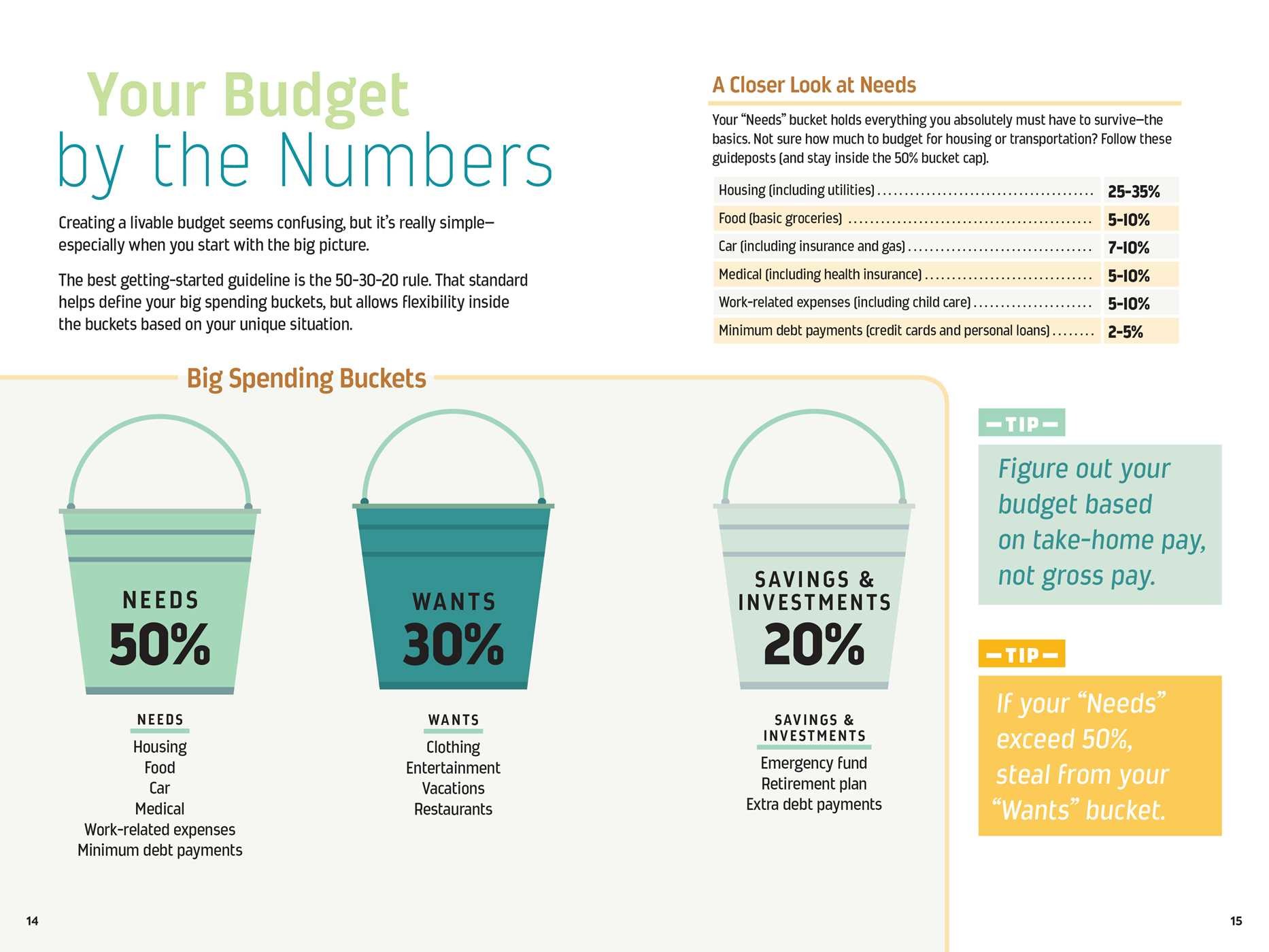Recognizing The Difference: Guaranty Contract Bonds Vs. Insurance Policy
Recognizing The Difference: Guaranty Contract Bonds Vs. Insurance Policy
Blog Article
Article By-Adamsen Balslev
Have you ever wondered about the differences in between guaranty agreement bonds and insurance coverage? It's an usual concern, and one that can have significant effects for companies and people alike. Recognizing these distinctions is important for making notified decisions regarding the type of coverage you need.
So, let's check out the key definitions and principles, the kinds of protection used, and the application and approval procedure for both guaranty contract bonds and insurance. By the end, you'll have a more clear understanding of these 2 distinctive forms of defense and be far better equipped to browse the globe of threat administration.
Secret Definitions and Ideas
To recognize the differences between surety contract bonds and insurance, it's necessary to grasp crucial meanings and concepts.
Surety agreement bonds are a three-party arrangement where the guaranty ensures the efficiency of a legal commitment by the principal to the obligee. The principal is the party that gets the bond, the obligee is the event that calls for the bond, and the guaranty is the event that ensures the performance.
Insurance policy, on the other hand, is a two-party contract where the insurance firm consents to compensate the insured for specific losses or problems for the repayment of costs.
Unlike insurance, surety contract bonds do not offer monetary security to the principal. Rather, they give guarantee to the obligee that the principal will certainly satisfy their contractual responsibilities.
Types of Coverage Offered
Now let's explore the different sorts of protection provided in surety agreement bonds and insurance coverage.
When it involves surety contract bonds, there are two primary kinds of insurance coverage to consider:
- ** Efficiency Bonds **: These bonds give monetary protection to the task owner in case the service provider fails to complete the project as set. If the service provider defaults or falls short to meet the terms of the agreement, the performance bond guarantees that the task owner is made up for any type of economic losses incurred.
- ** Repayment Bonds **: Payment bonds are made to safeguard subcontractors and suppliers. They ensure that the contractor will certainly pay all expenses and expenses related to the project, guaranteeing that subcontractors and distributors aren't left overdue.
On the other hand, insurance generally uses insurance coverage in the form of plans for different dangers, such as residential property damage, liability, or personal injury. Insurance policies give monetary defense in the event of unanticipated mishaps or losses.
Application and Authorization Process
Once you have decided on the sort of insurance coverage you require, the following action is to understand the application and approval process for getting guaranty agreement bonds or insurance.
For guaranty agreement bonds, the process typically includes sending an application to a guaranty business along with relevant economic papers and project details. The guaranty business will assess your financial toughness, experience, and credibility to figure out if you're qualified for bond coverage. This process can take a few weeks, depending upon the intricacy of the project and the surety business's workload.
On the other hand, acquiring insurance generally includes submitting an application form and providing fundamental details concerning your organization. The insurance provider will certainly assess the danger related to your organization and supply a quote based upon that analysis. The approval procedure for insurance is usually quicker contrasted to surety contract bonds.
Conclusion
So, currently you recognize the difference between guaranty contract bonds and insurance coverage.
While insurance policy resembles a safety net, surety contract bonds provide a warranty and construct trust between celebrations.
Recognizing these differences is essential in making notified decisions for your business.
Keep in mind, it's always better to have your bases covered and not be caught off guard.
Nevertheless, as https://www.propertycasualty360.com/2021/07/14/when-do-construction-firms-need-subcontractor-bonds/ saying goes, 'much better risk-free than sorry!'
